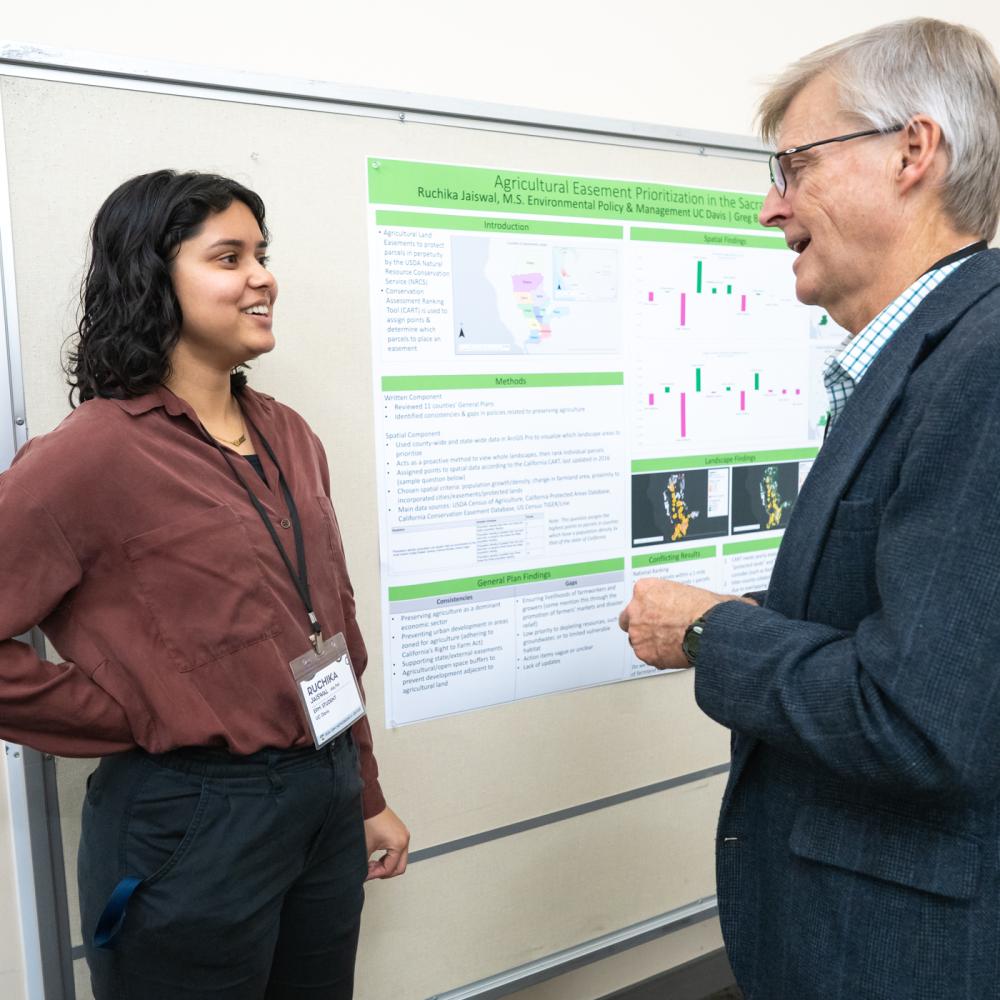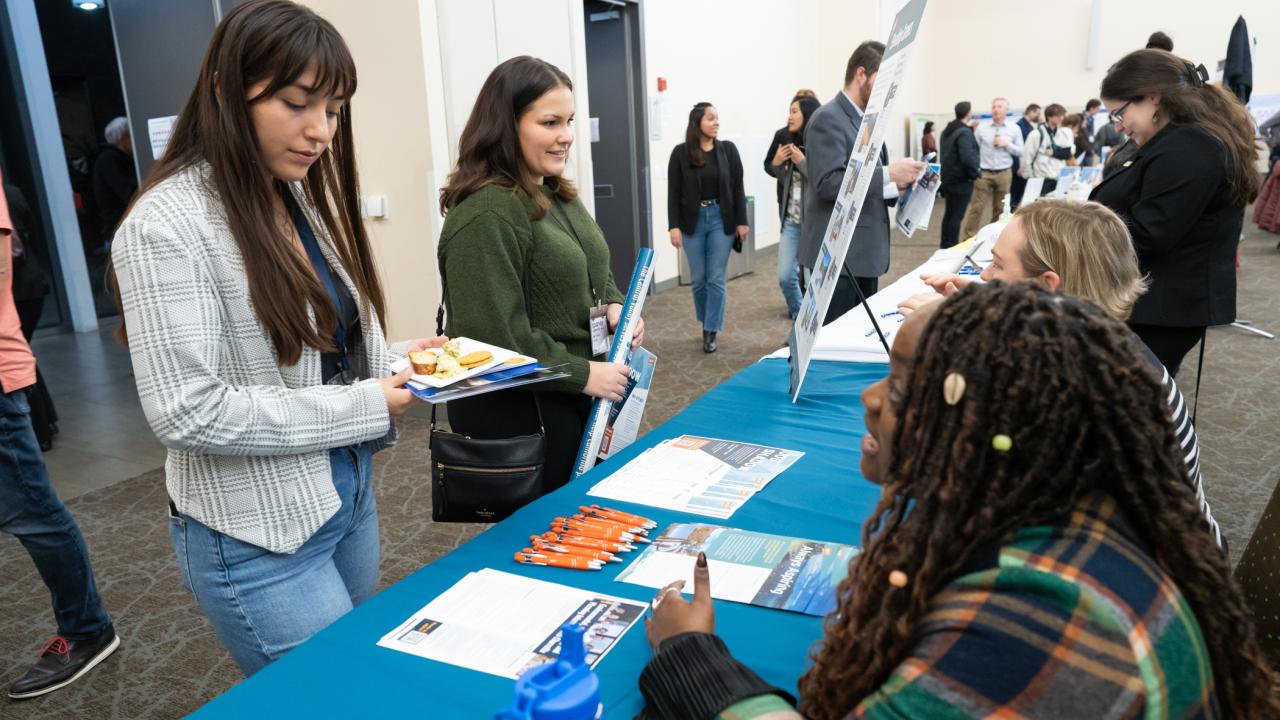Professional Resource Center
Professional Development Timeline
Professional development is a key aspect of the EPM program. Each quarter, students should work to refine their career goals, build their professional networks and strengthen professional skills. Below is a general timeline to help students visualize what they should be doing based on their progress in the program.
Getting started
Quarters 1 and 2
- Reflect on your interests and career goals, discuss with faculty advisor, program staff and your mentor
- Connect with professionals and conduct informational interviews to further refine your interests
- Review the Professional Development Plan
- Participate in program networking opportunities
Cruising along
Quarters 3-4
- Identify and participate in networking opportunities or skill workshops
- Review resume and cover letter best practices or schedule a resume review session with Internship and Career Center
- Identify and apply to Practicum opportunities
- Schedule a meeting with your faculty advisor and the program director to refine Practicum project ideas
- Begin Practicum Proposal
Wrapping up
Quarters 5-6
- Identify a job search strategy that works for you based on your goals
- Participate in Internship and Career Center workshops such as: Applying for State Jobs, Applying for Federal Jobs, Consulting Jobs Workshops
- Continue to engage with professional networks and develop new contacts
- Refine resume and other application materials
- Apply for job opportunities at least six months prior to graduation
Events
The Environmental Policy and Management program offers several events a year designed for students to expand their professional networks and connect with fellow students, program alumni and environmental professionals in the Sacramento and Bay Areas.
EPM's Social Committee, Student Diversity Committee and Association of Environmental Professionals at UC Davis student chapter also host a variety of student events, workshops and networking opportunities. You may want to engage with other departments or research units to get involved in other offerings, such as seminars, symposia or workshops.







